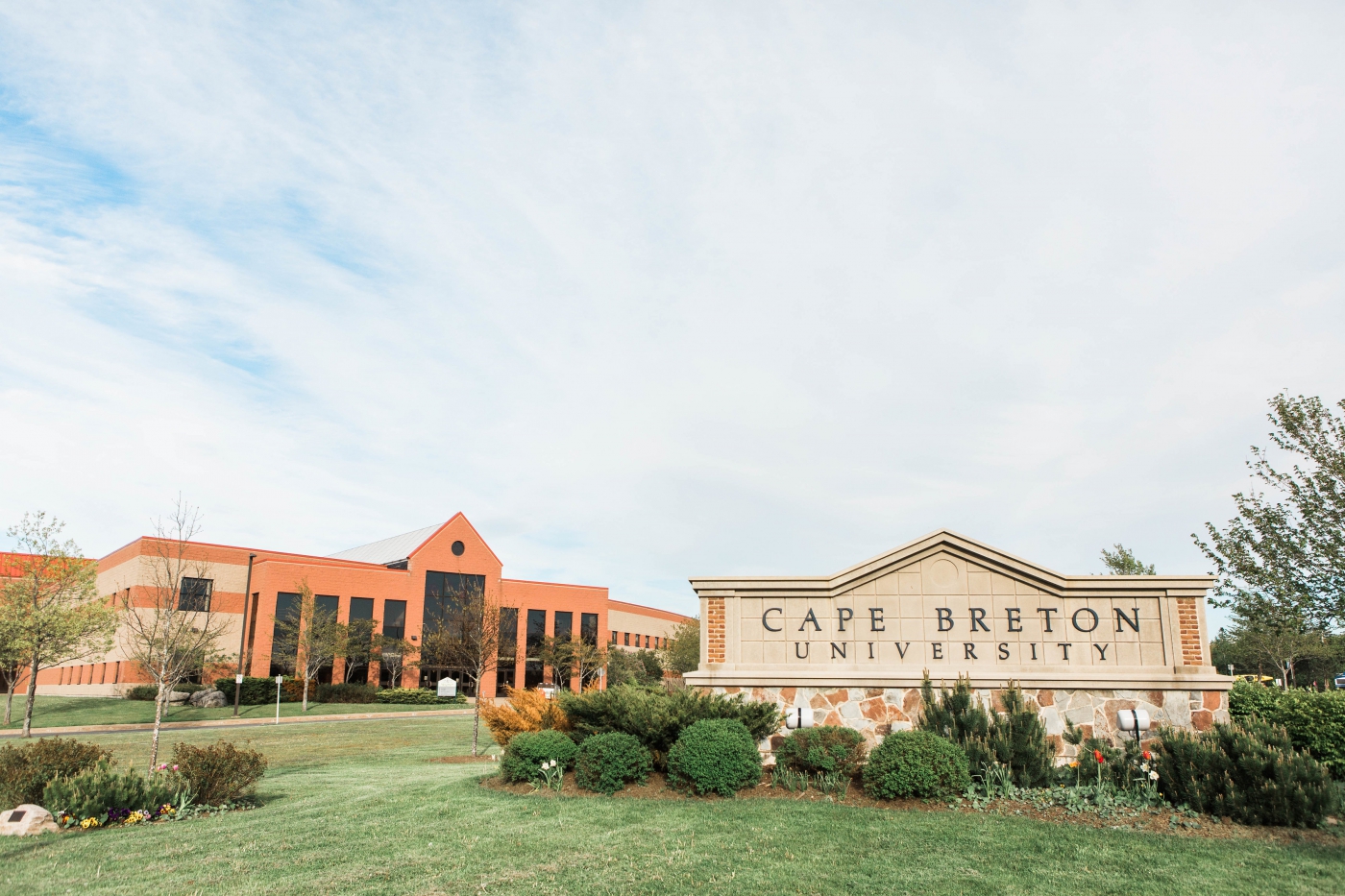
Home > Study in Canada > Cape Breton University > Bachelor of Arts in Folklore (Co-op Optional)
Bachelor of Arts in Folklore (Co-op Optional)
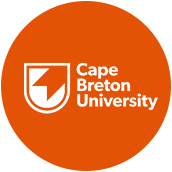 Cape Breton University, Canada
Cape Breton University, Canada

CAD 19579
Annual Tuition Fee

CAD 80
Application Fee

48 months
Duration

6.5
IELTS

80
TOEFL

55%
Min GPA
Program Overview
Cape Breton Island is a hotbed of culture, with a rich, varied landscape of traditions and lore. Traditionally, folklore is the study of informal culture.
The study of a group’s folklore yields valuable insights into how that group operates in the world, but also reveals biases, prejudices and other obstacles to a more inclusive worldview. Most often, folklore is expressive and manifests itself in certain forms, such as story and song, festival and feast, architecture and craft. Although these forms may be manifested in a distinct way by each group, they recur in similar ways across cultures, so folklore examines both the particular context and the general formal patterns of expressive culture.
After providing a solid introduction to folklore genres, analytical approaches and ethnographic methods, folklore students take a balance of regional folklore courses (courses primarily about folklore in Atlantic Canada), and courses emphasizing genres and issues (such as urban legend, gender, food and cultural tourism).
CBU students learn practical skills in interviewing, fieldwork, and ethnographic research while also gaining an awareness of international heritage policy. Folklore’s interdisciplinary nature promotes sharing concerns, methods and insights with others. Through this group learning dynamic, folklore students acquire skills and knowledge that are applicable in a wide range of careers.
What skills will I gain from this program?
- Understand how folklore informs our worldview.
- Recognize the prevalence of folklore in contemporary society.
- Ethnographic fieldwork.
- Analyze the use of traditional forms and styles in popular culture.
- Research and writing.
Why study at CBU?
- Cape Breton is home to several distinct language and expressive communities, including Mi’kmaq, Scottish Gaelic and Acadian. It is home to the only African Orthodox Church in Canada, the only Ukrainian and Polish churches east of Montreal, and a vibrant, multicultural community with many members descended from Italian, Greek, Jewish and Lebanese immigrants, among others.
- Students in the folklore program have access to cutting-edge technological equipment, software and facilities at CBU. The Digitization Lab lends audio and video equipment to students so they can conduct ethnographic fieldwork and interviews. The Media Interpretation and Reception Lab enables video documentation of group interviews and focus groups.
- CBU is also home to the Beaton Institute and the Mi’kmaq Resource Centre, exceptional archival resources that provide primary and historic data sources about the history and culture of Cape Breton Island and its cultural groups. They also regularly accept student research materials, allowing students to leave a legacy that will help future scholars.
Experiential Learning Opportunities
- International exchange agreements with institutions in Ireland, Northern Ireland and Scotland, as well as other countries around the world.
- An archival internship working with folkloric and/or archival materials at an institution such as the Beaton Institute or in a library or museum outside of CBU.
- A significant number of courses involve experiential learning units, such as our festivals course (FOLK 3603), which involves attending and analyzing the Celtic Colours International Festival, and our ethnography course (FOLK 2114), which requires producing a unique ethnographic project.
Additional Information
Program Level 4-Year Bachelor's Degree
College/University Processing Time 30 Days
Program Format Full-Time
Post-Graduation Work Permit (PGWP) 
General Admission Requirement
- IELTS
- Minimum Overall Score - 6.5 - With No Band Less Than - 6
- TOEFL
- Minimum Overall Score - 80.0 Minimum Listening - 20.0 Minimum Reading - 20.0 Minimum Writing - 20.0 Minimum Speaking - 20.0
- PTE
- Minimum Overall Score - 59.0 Minimum Listening - 50.0 Minimum Reading - 50.0 Minimum Writing - 50.0 Minimum Speaking - 50.0
- DUOLINGO
- Minimum Overall Score - 120.0
Academic Requirement
Minimum Level of Education Required: To be accepted into this program, applicants must have a Grade 12 / High School Diploma or equivalent with an overall average of 55%, No courses less than 50% including the following required course(s):
- English 12 (academic or advanced)
- 4 additional grade 12 academic or advanced level courses
Similar Programs


Humber Polytechnic - North Campus
Intake Sep 2025
Sep 2024, Jan 2025

Application Fee

Duration
Test Score
7
IELTS
100
TOEFL
75
Min GPA


Humber Polytechnic - North Campus
Intake Sep 2025
Jan 2025

Application Fee

Duration
Test Score
6.5
IELTS
84
TOEFL
70
Min GPA


Humber Polytechnic - North Campus
Intake Sep 2025
Sep 2024, Jan 2025

Application Fee

Duration
Test Score
6.5
IELTS
84
TOEFL
70
Min GPA


Humber Polytechnic - North Campus
Intake Sep 2025
Sep 2024, Jan 2025

Application Fee

Duration
Test Score
6.5
IELTS
84
TOEFL
70
Min GPA


Humber Polytechnic - North Campus
Intake Sep 2025
Sep 2024, Jan 2025

Application Fee

Duration
Test Score
6.5
IELTS
84
TOEFL
70
Min GPA


Humber Polytechnic - North Campus
Intake Sep 2025
Sep 2024, Jan 2025

Application Fee

Duration
Test Score
6.5
IELTS
84
TOEFL
70
Min GPA


Humber Polytechnic - North Campus
Intake Sep 2025
Sep 2024, Jan 2025

Application Fee

Duration
Test Score
6.5
IELTS
84
TOEFL
70
Min GPA


Humber Polytechnic - North Campus
Intake Sep 2025
Sep 2024, Jan 2025

Application Fee

Duration
Test Score
6.5
IELTS
84
TOEFL
70
Min GPA


Humber Polytechnic - North Campus
Intake Sep 2025
Sep 2024, Jan 2025

Application Fee

Duration
Test Score
6.5
IELTS
84
TOEFL
70
Min GPA
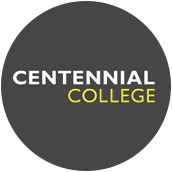

Centennial College - Progress Campus
Intake Sep 2025
Jan 2025, May 2024, Sep 2024

Application Fee

Duration
Test Score
6.5
IELTS
88
TOEFL
60
Min GPA
.webp)

Cambrian College - Barrydowne Campus
Intake
Jan 2025, Sep 2024

Application Fee

Duration
Test Score
6.5
IELTS
88
TOEFL
50
Min GPA
.webp)

Conestoga College - Doon Campus
Intake Sep 2025
Jan 2025, Sep 2024

Application Fee

Duration
Test Score
6.5
IELTS
88
TOEFL
70
Min GPA
.webp)

Conestoga College - Doon Campus
Intake Sep 2025
Sep 2024

Application Fee

Duration
Test Score
6.5
IELTS
88
TOEFL
65
Min GPA
.webp)

Conestoga College - Doon Campus
Intake Sep 2025
Sep 2024

Application Fee

Duration
Test Score
6.5
IELTS
88
TOEFL
65
Min GPA
.webp)

Conestoga College - Doon Campus
Intake Sep 2025
Sep 2024

Application Fee

Duration
Test Score
6.5
IELTS
88
TOEFL
65
Min GPA
.webp)

Conestoga College - Doon Campus
Intake
Sep 2024, Sep 2025

Application Fee

Duration
Test Score
6.5
IELTS
88
TOEFL
65
Min GPA
.webp)

Conestoga College - Doon Campus
Intake Sep 2025
Sep 2024

Application Fee

Duration
Test Score
6.5
IELTS
88
TOEFL
65
Min GPA
.webp)

Conestoga College - Doon Campus
Intake
Jan 2025

Application Fee

Duration
Test Score
6.5
IELTS
88
TOEFL
65
Min GPA
.webp)

Conestoga College - Doon Campus
Intake Sep 2025
Sep 2024

Application Fee

Duration
Test Score
6.5
IELTS
88
TOEFL
65
Min GPA
.webp)

Conestoga College - Doon Campus
Intake Sep 2025
Sep 2024

Application Fee

Duration
Test Score
6.5
IELTS
88
TOEFL
65
Min GPA
Tuition Fee
The values given below are estimated figures, excluding extra charges like material fee, student activity fees, athletic fees, health care, etc., for courses. To know more, please visit the Programs page.
Average Tuition Fee Per Year
19579
Tuition Fee
(CAD)
CAD 80
Application Fee
(CAD)
11000 Per year
Average Cost of Living
(CAD)
The living costs include the total expenses per month, covering accommodation, public transportation, utilities (electricity, internet), books and groceries.
Check program website for more information about funding options.
Not sure what you are looking for?
Don’t worry, we are here to help.
Popular Universities to Study Abroad
World class education waiting for you.
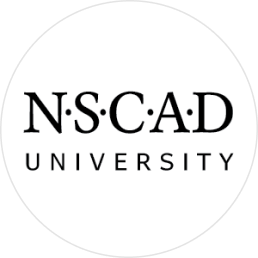
Nova Scotia, Canada • 12 Programmes
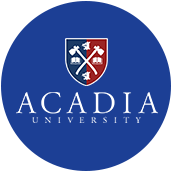
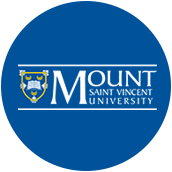
Nova Scotia, Canada • 50 Programmes
Tuition Fee : CAD 15500 - 20000 / year
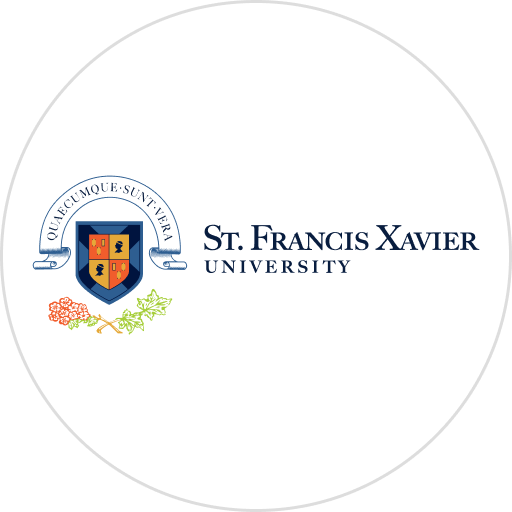
Nova Scotia, Canada • 51 Programmes
Tuition Fee : CAD 22500 - 23500 / year
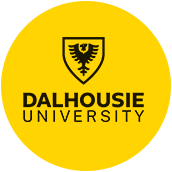
Top Places To Study In Canada
Province wise Popular university and colleges for Studying abroad.
- Universities in Alberta
- Universities in British Columbia
- Universities in Manitoba
- Universities in New Brunswick
- Universities in Newfoundland and Labrador
- Universities in Nova Scotia
- Universities in Ontario
- Universities in Prince Edward island
- Universities in Quebec
- Universities in Saskatchewan
- Universities in Yukon Territory
Popular English Language Proficiency Exams
Blogs and Articles
Study in Canada Blogs & Articles
Canada Student Visa Interview Questions
Updated on • Jan 23,2025 12:16 PM IST • Study in Canada
Updated on • Dec 05,2024 05:04 PM IST • Study in Canada
Best Cities to Study in Canada
Updated on • Nov 21,2024 05:23 PM IST • Study in Canada
Study intakes in Canada - Fall, Winter & Summer
Updated on • Oct 03,2024 12:51 PM IST • Study in Canada
New Rules & Regulations in Canada for International Students
Updated on • Aug 31,2024 03:19 PM IST • Study in Canada
Public Transportation in Canada for International students
Updated on • Aug 29,2024 05:08 PM IST • Study in Canada
Healthcare in Canada for international students
Updated on • Aug 27,2024 05:12 PM IST • Study in Canada
LLB in Canada for Indian Students After 12th
Updated on • Jun 28,2024 05:48 PM IST • Study in Canada
Benefits of 1+1 Programs in Canada
Updated on • Jul 12,2024 04:06 PM IST • Study in Canada
Increase your CRS Score with 1-year Master's in Canada
Updated on • Jun 11,2024 05:53 PM IST • Study in Canada
Hotel Management Courses in Canada: Top Universities & Available Scholarships
Updated on • May 31,2024 05:57 PM IST • Courses in Canada
Management Courses in Canada: Universities, Fees, Requirements, Scholarships & Jobs
Updated on • May 28,2024 01:39 PM IST • Study in Canada
Updated on • May 24,2024 04:49 PM IST • Study in Canada
Top Universities For Computer Science Courses in Canada
Updated on • May 28,2024 11:02 AM IST • Study in Canada
Increase Your PGWP Duration with 2 Years of Study in Canada
Updated on • May 22,2024 10:58 AM IST • Study in Canada
Canada Increases Off-Campus Working Hours for International Students
Updated on • May 22,2024 05:48 PM IST • Study in Canada
Student Education Loan to Study in Canada - Eligibility, Documents Required, How to Apply
Updated on • May 18,2024 03:27 PM IST • Education Loans
Teaching Courses in Canada for Indian Students
Updated on • May 17,2024 11:26 AM IST • Study in Canada
Universities in Canada for International Students
Updated on • May 14,2024 11:49 AM IST • Study in Canada
Colleges in Canada for International Students
Updated on • May 09,2024 05:17 PM IST • Colleges in Canada





